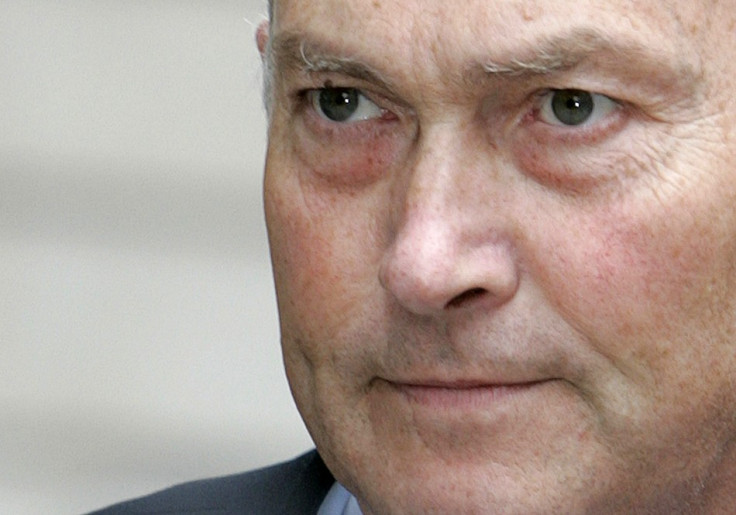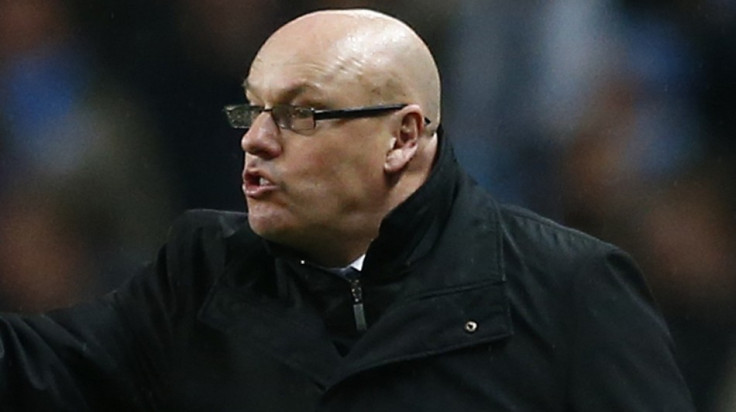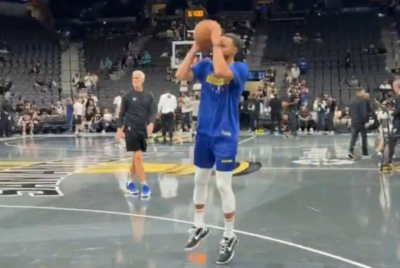Premier League's Record TV Deal Can Breed Managerial Stability
Premier League chief executive Richard Scuadmore claimed last June upon striking a new £3bn domestic TV deal, an increase of 71%, that the move would provide future stability and sustainability for its members.
But what Scuadmore failed to appreciate was that while the deal will indeed hand a massive financial boost to the 20 clubs taking their place in the top flight from the 2013/14 campaign, and thus expand the chasm between themselves and the Football League, it forces those on the precipice to spend above their means, while managers are scrutinised like never before.
"The Premier League this year is probably more important than any other year," Newcastle United manager Alan Pardew noted last month. "There's going to be a real race between now and the end of the season to make sure you are a Premier League team at the end of the season because we'll all be stronger for it."
Stoke City boss Tony Pulisadded:"In many respects, this year has been an especially pressured season because you just do not want to miss out on that enormous windfall."

Amid the mass perspiring at the wrong end of the table, Brian McDermott has become the latest managerial casualty this season, with Reading owner Anton Zingarevich feeling 'a change was necessary' after a fourth successive league defeat left The Royals four points from safety.
As if football's modern-day guise requires such a remainder, but McDermott's removal is a sign of how quickly perceptions from inside the game can change. Manager of the Month for January after wins over West Bromwich Albion and Newcastle and a draw with Chelsea; McDermott's side were out of the bottom three after an early February win over Sunderland.
As is often the case, explaining and justifying the removal of managers is futile as it is challenging. But fundamentally, Zingarevich, who took control at the Madejski Stadium last August, feels a new manager can get more out of the current squad than McDermott was during his final weeks at the helm. Whether you agree with such a view is another matter altogether.
The Russian is among a raft of Premier League and Championship owners who see the end of the season and the riches that follow as some sort of permanency, and relegation of a promotion failure as having the opposite effect.
Despite the link between future financial strength and the Premier League's reputation for trigger happy, lustful chairman, this season hasn't produced the swathes of changes one might have expected.

McDermott became the fourth mid-season managerial casualty in the Premier League on Monday; the same amount who moved on last season and in the 2009/10 campaign. The season in-between saw the resignation of Avram Grant only after West Ham United's relegation was confirmed; otherwise four managers would have departed in each of the last four campaigns.
The Championship hasn't suffered from an increase in managerial moves either, despite the expected onus on clubs to take full advantage of the fine win of the Premier League like never before. In all, 12 managers have left teams this season, three more than in the 2011/12 season, but no more than the two terms previous.
Despite the preconception The Championship is as open as any league in Europe, like any division clearly not all of the 24 teams who begin the season start with the same objective, therefore suggesting every managerial move is in any way directly linked with the improved Premier League television money is misleading.
And surprisingly, the Premier League boasts a similar result, perhaps down to the numerous changes we encountered before the season began with six new managers in total starting the campaign. Only two of the four sackings can be directly linked to fears over relegation and thus the incoming television revenue, so if anything, the self-professed most exciting league in the world has employed more faith in their managers in the most crucial of campaigns. Whether simlar trust will be emparted in the subsequent seasons, with wage bills and subsequently expectation, sky rocketing, is yet to be seen.
Scudamore expected the increase in television money to strengthen the financial position of clubs, while ring fencing the Premier League's elite. Inadvertently, he may have cured the Premier League capacity for change also.
© Copyright IBTimes 2025. All rights reserved.






















